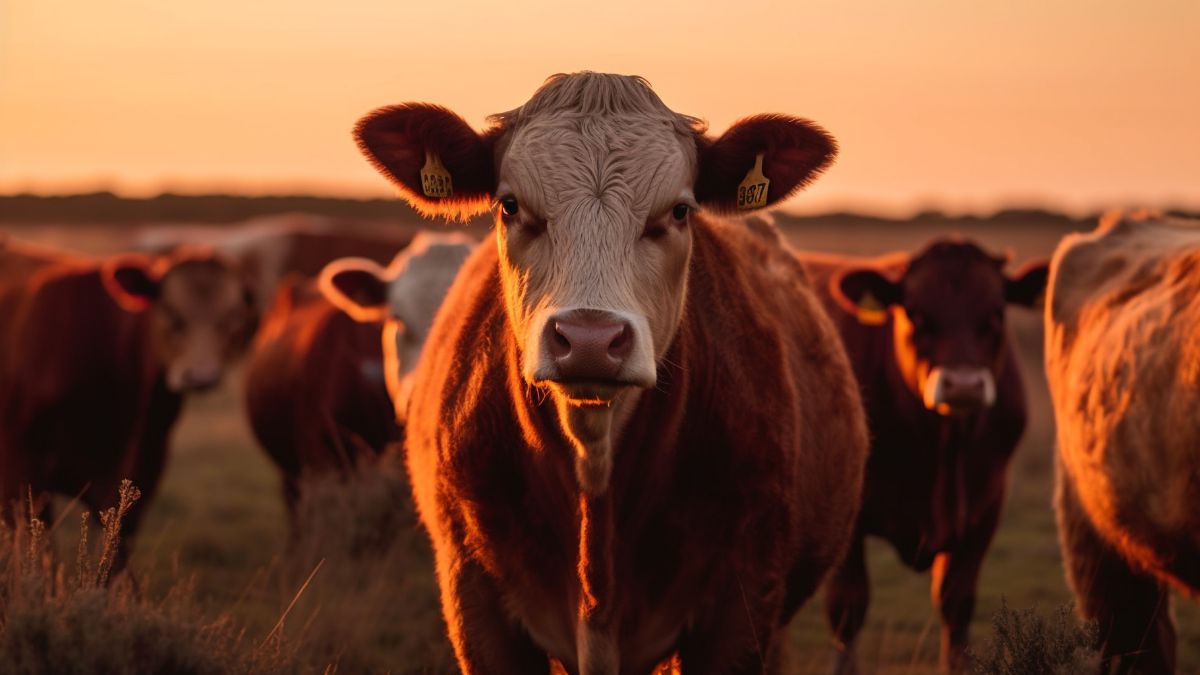Introduction to the power of music and its ability to evoke emotions
Picture this: A woman celebrating with a band, surrounded by vibrant sounds and pulsating rhythms. It’s not just about the notes played; it’s about stories shared and journeys embraced—a powerful reminder of what music represents in our lives today. Let’s dive into this captivating world where women’s contributions shine brightly, showcasing their unique narratives woven through various genres and cultures.
Music has an incredible power. It can lift our spirits, heal wounds, and connect us in ways words alone cannot. Think of a moment when a song made you feel alive or transported you to another place. That emotional resonance is universal.
For women across the globe, music serves as both a canvas for self-expression and a platform for empowerment. The celebration of womanhood through melody brings together diverse voices that enrich the musical landscape.
The history of women in music and their contributions
Women have played a pivotal role in the music industry for centuries, often breaking barriers and challenging norms. From the powerful voices of early blues singers like Bessie Smith to classical composers such as Clara Schumann, women have shaped diverse genres.
In the 20th century, icons like Billie Holiday and Aretha Franklin transformed the landscape of jazz and soul. Their influence is undeniable, inspiring countless artists who followed.
The rise of rock ‘n’ roll brought forth legends like Janis Joplin and Joan Jett, proving that women could dominate what was once considered a male-dominated space.
Today’s charts are filled with female talents across genres—Taylor Swift in pop or Lizzo in hip-hop—who continue this legacy by pushing creative boundaries. Each artist contributes uniquely to society’s collective narrative through their artistry and activism.
The rise of female artists in the past decade
The past decade has seen an unprecedented surge of female artists in the music industry. From pop icons to groundbreaking indie musicians, women are breaking barriers and reshaping the soundscape.
Artists like Billie Eilish and Lizzo have not only topped charts but also challenged societal norms. Their authentic expressions resonate with many, proving that vulnerability can be a strength.
Genres once dominated by men are now vibrant with female voices. Women in hip-hop, rock, country, and electronic music are claiming their space. They bring fresh perspectives that reflect diverse experiences.
Platforms like social media amplify these voices, allowing emerging talent to showcase their work without traditional gatekeepers. This democratization of music means we’re witnessing raw creativity at its finest.
Female collaborations have become more common too; celebrated partnerships show unity and shared empowerment. Each collaboration adds another layer to the rich tapestry of modern music culture.
Celebrating diversity in music: different genres, cultures, and voices
Music is a rich tapestry woven from countless threads of culture, genre, and experience. Each beat tells a story that reflects the diverse backgrounds of its creators. From hip-hop to folk, reggae to classical, every style brings something unique.
Women across cultures have played pivotal roles in shaping these genres. Their voices resonate in ways that challenge norms and inspire change. Whether it’s the powerful anthems of rock or the soulful melodies of R&B, female artists add depth and richness.
Diversity in music fosters understanding among different communities. It allows us to explore new perspectives through sound. When we celebrate various genres and cultural influences, we embrace all women celebrating with bands worldwide.
This festive blending creates spaces where everyone can connect emotionally and intellectually. It becomes more than entertainment; it transforms into a bridge uniting people from all walks of life.
Music as a form of self-expression and empowerment for women
Music is a powerful outlet for self-expression, especially for women. It allows them to share their stories and experiences in ways that words alone may not capture.
Through lyrics and melodies, female artists convey emotions ranging from joy to pain. Each note can resonate deeply with listeners, creating connections that transcend boundaries.
Empowerment comes when women take control of their narratives through music. They challenge societal norms while inspiring others to embrace their identities fearlessly.
Genres like hip-hop, rock, and pop have become platforms for women to assert themselves boldly. The raw honesty found in their songs often encourages listeners to reflect on personal journeys.
Creating music fosters community among women as well. Collaborating with other artists amplifies voices and nurtures talent across diverse backgrounds.
Impact of music on mental health and well-being
Music has a profound impact on mental health and well-being. It serves as an emotional outlet, allowing individuals to process feelings that might be hard to articulate.
Listening to music can trigger the release of dopamine, the feel-good hormone. This simple act can uplift spirits and provide comfort during tough times.
For many women celebrating with a band, live performances become transformative experiences. The energy in these moments fosters connection and camaraderie, reinforcing community bonds.
Additionally, engaging with music—whether through playing instruments or singing—can enhance self-esteem. Women express themselves creatively while finding solace within harmonies.
The therapeutic benefits are undeniable; from reducing anxiety to alleviating symptoms of depression. Music creates safe spaces for exploration and healing. With every note played or lyric sung, empowerment flourishes in ways that resonate deeply within each listener’s soul.
The role of music festivals and live performances in celebrating women’s voices
Music festivals and live performances serve as vibrant platforms for women to showcase their talents. They create an atmosphere that encourages female artists to shine, often bringing together diverse voices from around the globe.
These events celebrate not just music but the stories behind each artist. Women share their experiences through song, resonating with audiences in profound ways. This connection fosters a sense of community and empowerment among listeners.
Moreover, many festivals prioritize gender equality in lineups. They actively seek out emerging female talent alongside established names. This commitment enriches the musical landscape and highlights women’s contributions across genres.
The energy at these gatherings is palpable. Fans come together, united by shared rhythms and melodies that uplift women’s narratives. It’s about more than entertainment; it’s a movement toward recognition and inclusivity in an industry historically dominated by men.
Conclusion: continuing
The journey of a woman celebrating with a band is an ongoing narrative. Each performance, each note played, adds depth to this story. It’s not just about the music; it’s about connection and shared experiences.
Women in music continue to break barriers and redefine genres. Their voices resonate across cultures and generations. Every song tells tales of resilience, joy, and empowerment.
As we witness more female artists rise to prominence, their influence grows stronger. They inspire future generations to pick up instruments or take center stage.
Music festivals become vibrant spaces for these celebrations. The energy is palpable as women come together on stages worldwide.
This journey thrives on collaboration and diversity. It invites everyone—listeners and musicians alike—to join in the dance of creativity that knows no bounds or limits.
FAQs
As we explore the journey of women celebrating with a band and their impact on music, it’s clear that this is more than just sound. It’s about sharing stories, connecting to emotions, and creating communities. Women have shaped music history through their creativity and resilience.
Here are some frequently asked questions regarding women in music:
What role do female artists play in today’s music industry?
Female artists are at the forefront of innovation across genres. They challenge norms, influence trends, and inspire new generations.
How has social media impacted female musicians?
Social media allows women to connect directly with fans. It provides a platform for self-promotion and community-building while amplifying diverse voices.
Why is representation important in music?
Representation ensures that various perspectives are heard. Diverse voices enrich the musical landscape and foster understanding among different cultures.
What can I do to support female musicians?
Attend concerts featuring female artists, buy their merchandise, share their work online, or even create spaces for them within your community.
How does attending live performances empower women?
Live events create an atmosphere of celebration where women’s talents shine brightly. They offer opportunities for networking while fostering empowerment through shared experiences.
The journey continues as we celebrate every note played by incredible women around the world. Their contributions remind us of the power of unity through rhythm and melody.










